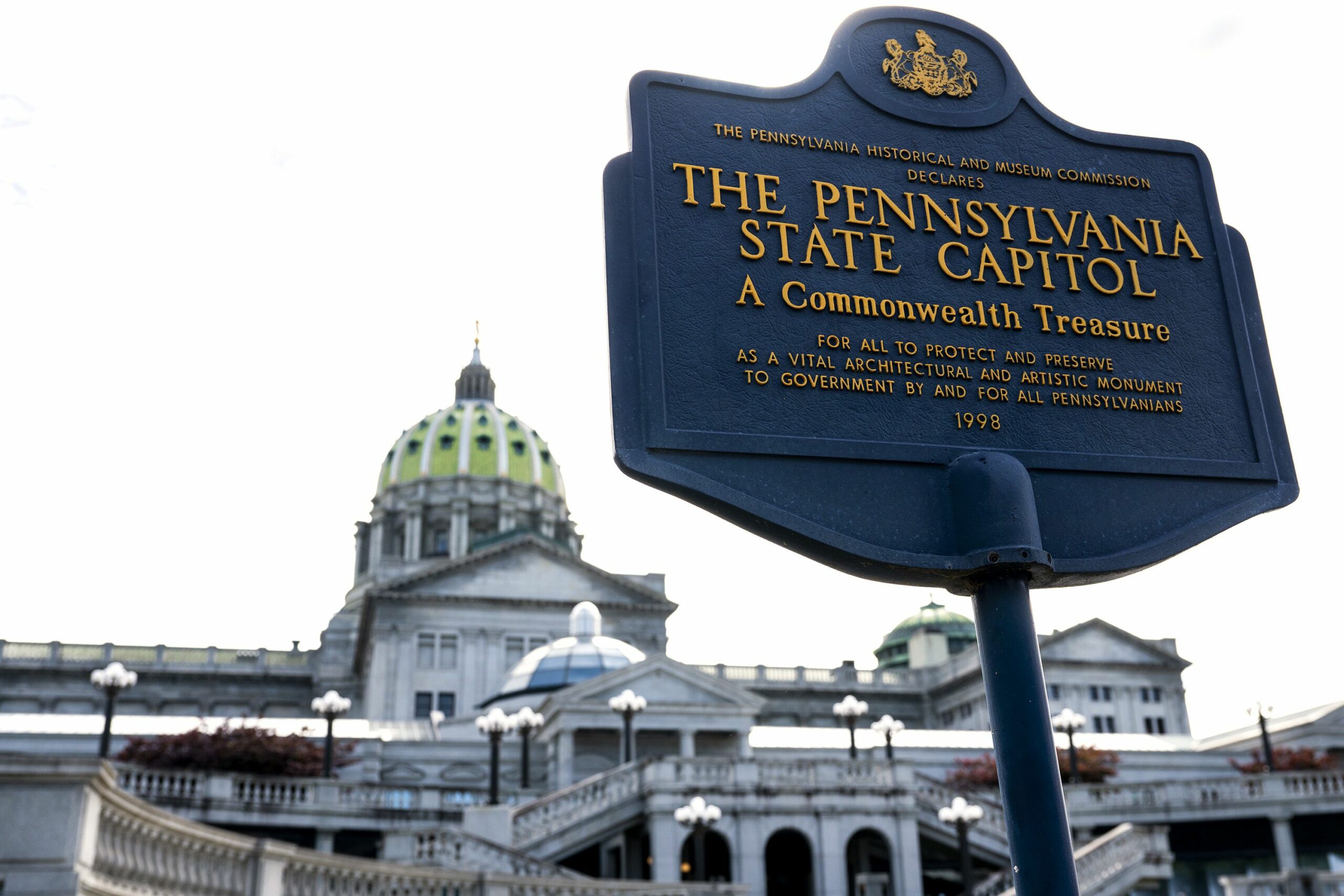Pennsylvania Legislature Mulls Over Tax Reform Benefiting Medical Cannabis Businesses
The Pennsylvania legislature has made strides in advancing a comprehensive tax reform measure, which notably addresses a crucial obstacle faced by state-sanctioned medical cannabis entities: the IRS’s 280E code. This code presently restricts these businesses from availing federal tax deductions.
Approved by a narrow margin of 102-101 in a party-line House vote on Tuesday, the bill proposes that medical cannabis operations in the state could benefit from state tax deductions as a countermeasure to the stringent IRS guidelines, as outlined in a report by Marijuana Moment.
The bill’s provisions enable medical marijuana businesses to claim supplementary deductions equivalent to the typical expenses sustained during the tax year, which would conventionally be deductible in federal income taxation.
This legislative progress traces back to a prior initiative. In the previous year, Rep. Aaron Kaufer (R) introduced an amendment targeting the inherent unfairness towards the medical marijuana sector due to the federal prohibition of cannabis. This initiative, though approved by the state House Finance Committee, was subsequently shelved. The bill’s current trajectory points towards the Republican-dominated state Senate.
However, the journey hasn’t been without its share of detractors. Rep. John Lawrence (R) acknowledged the overarching benefits of the comprehensive bill but expressed reservations about “offering tax incentives to marijuana operations.” Echoing his sentiments, Rep. Valerie Gaydos (R) voiced her opposition to “accord special privileges to marijuana cultivators.”
Analyzing the Implications of the Tax Policy Shift The trajectory of the cannabis sector has been punctuated with a gamut of challenges, ranging from plummeting prices and mounting debts to plateauing sales in saturated markets, compounded by the restrictive 280E IRS code. The potential annulment of the 280E provision and a reconsideration of marijuana’s legal status have been subjects of intense debate among experts.
According to Viridian Capital Advisors, a pioneering advisory entity in the cannabis realm, the nullification of this provision might have a ripple effect far more extensive than predicted. This could potentially bolster the free cash flow (FCF) for major cannabis conglomerates, potentially infusing an additional $700 million into the 2023 FCF.
Conversely, a report by Zuanic and Associates spotlighted the intricate ramifications and unanticipated outcomes tied to these policy shifts.
Federal legalization of medical marijuana might pave the way for stringent FDA regulations, potentially curtailing doctors’ prescription freedoms. Additionally, this could beckon pharmaceutical behemoths to the sector, revolutionizing its existing dynamics.
For Multi-State Operators (MSOs), the recategorization of marijuana presents a conundrum. Although it might provide relief from the 280E constraints for medical enterprises, the embedded regulatory matrix and potential pitfalls render it a path fraught with uncertainties.


































